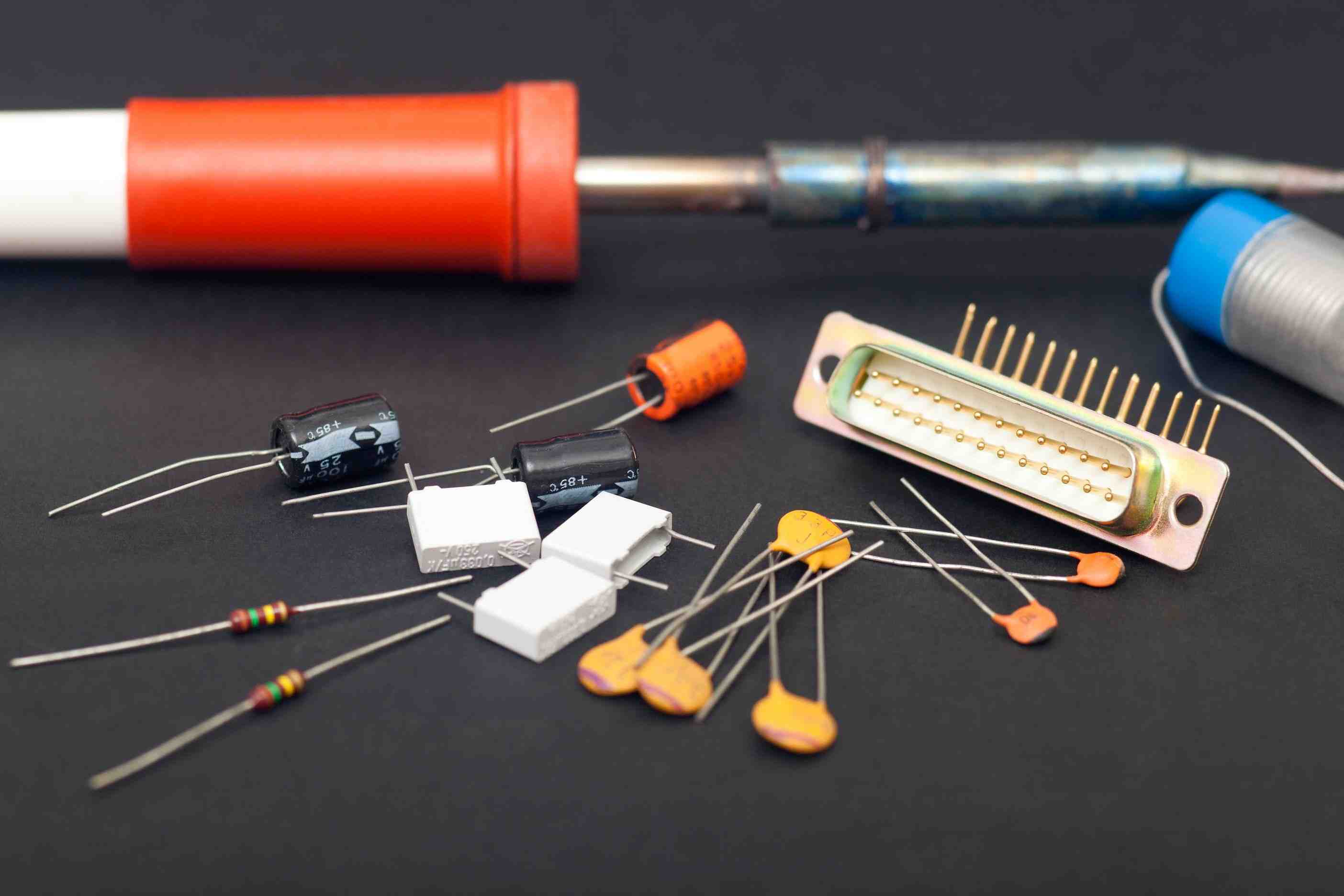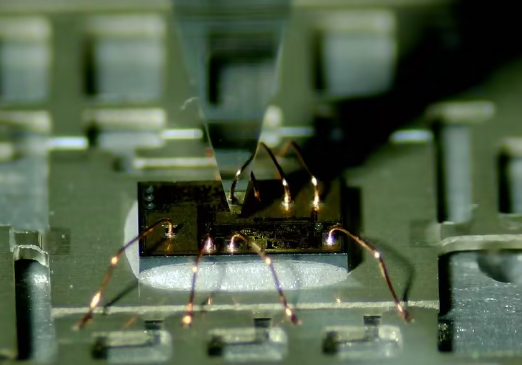




























Multi functional micro solder joint strength test is used to measure wire bonding strength, component bonding strength, solder joint pull-out and shear strength, evaluate strength distribution or determine whether the strength meets relevant requirements.

| Project Overview
Testable items include: chip shear testing; bond pull testing; solder ball shear testing; solder ball pull-off testing; and thrust testing of SMT soldered components.
| Test Objective
Measurement of bond wire strength, component adhesion strength, and solder joint pull-off and shear strength, with evaluation of strength distribution or verification of compliance with relevant requirements.
| Testing Standards
GJB 4027B-2021;GJB 548C-2021;GJB 128B-2021;STD883, ASTM F1269, JEDEC JESD 22-B116, JEDEC JESD 22-B117, JEITA EIAJ ET-7407。
| Service Products / Fields
Widely applied in chip packaging process testing, PCBA electronic assembly testing, automotive electronics, aerospace, defense industry, and product failure reliability testing during service.
| Project Advantages
1. Broad applicability, with different testing modules configurable to meet diverse testing requirements.
2. Rapid testing actions, stable machine operation, and high testing accuracy.
3. Equipped with a computer for real-time display of tensile curves.
4. The left and right joystick controllers can swing freely, enabling simple and convenient operation.
| Test Principle Diagram
Solder ball shear
Solder ball pull-off
Bond pull
Ball shear
| Test Analysis Diagram
| MTT Advantages
1. Professional Team: Equipped with a number of highly experienced testing engineers and technical experts.
2. Advanced Equipment: Equipped with internationally leading testing instruments to ensure accuracy and reliability of results.
3. Efficient Service: Rapidly respond to customer needs and provide one-stop, high-efficiency inspection services.
4. Authoritative Certification: The laboratory is certified by ISO/IEC 17025, ensuring that test reports have international credibility.